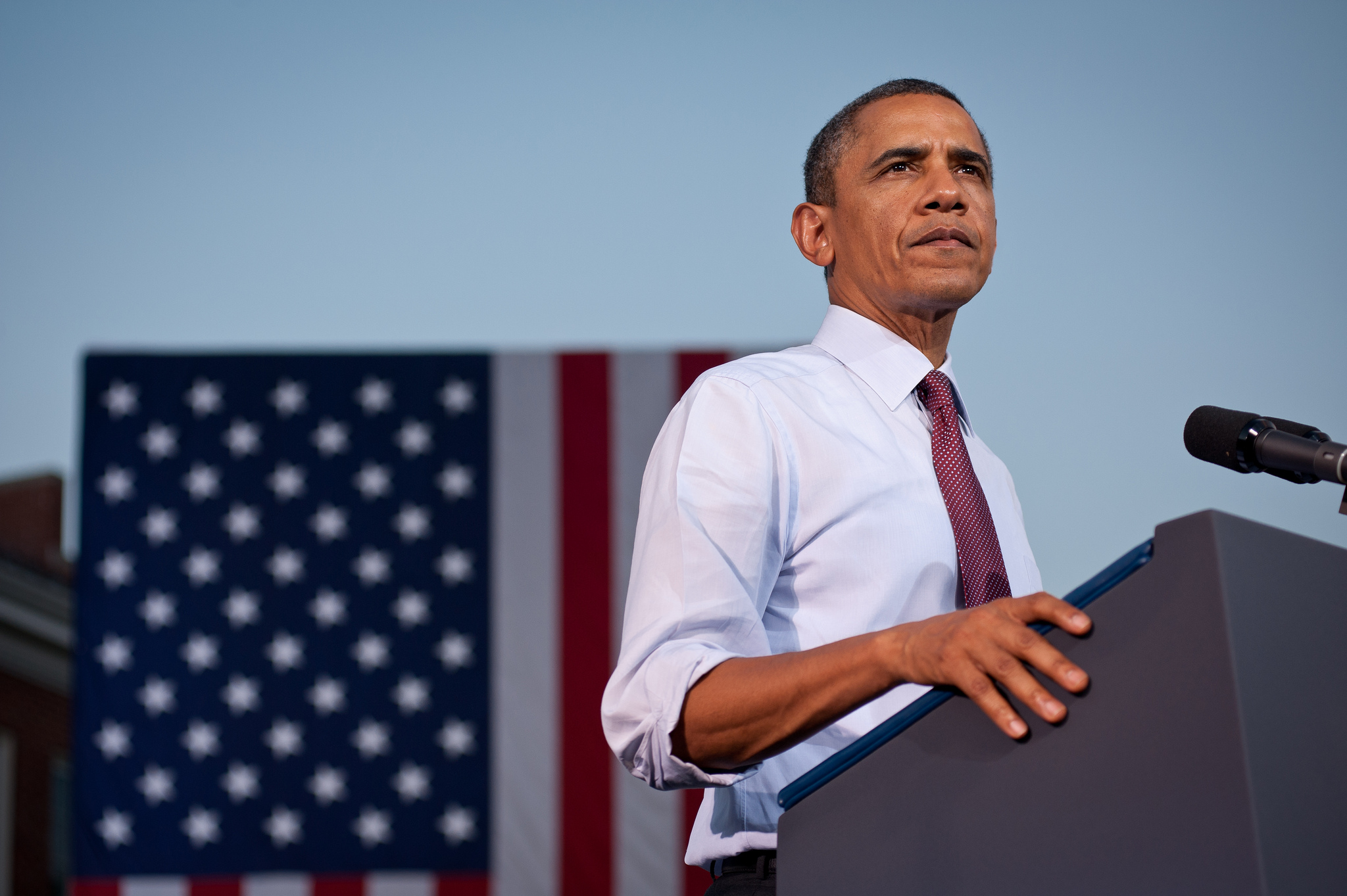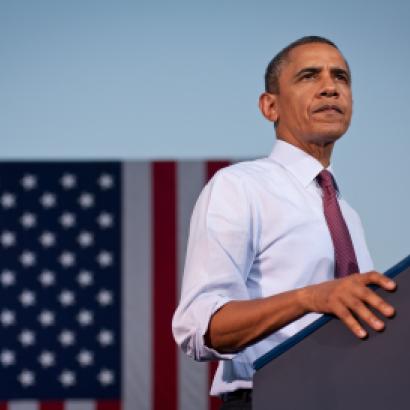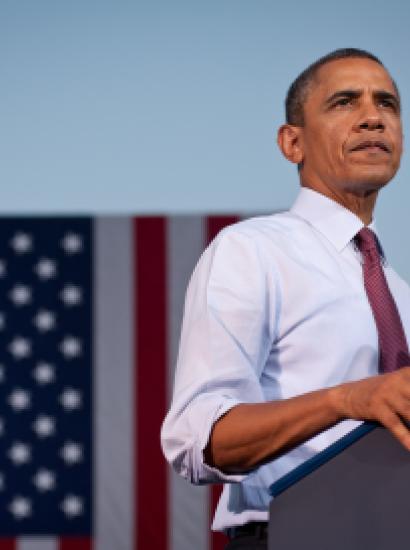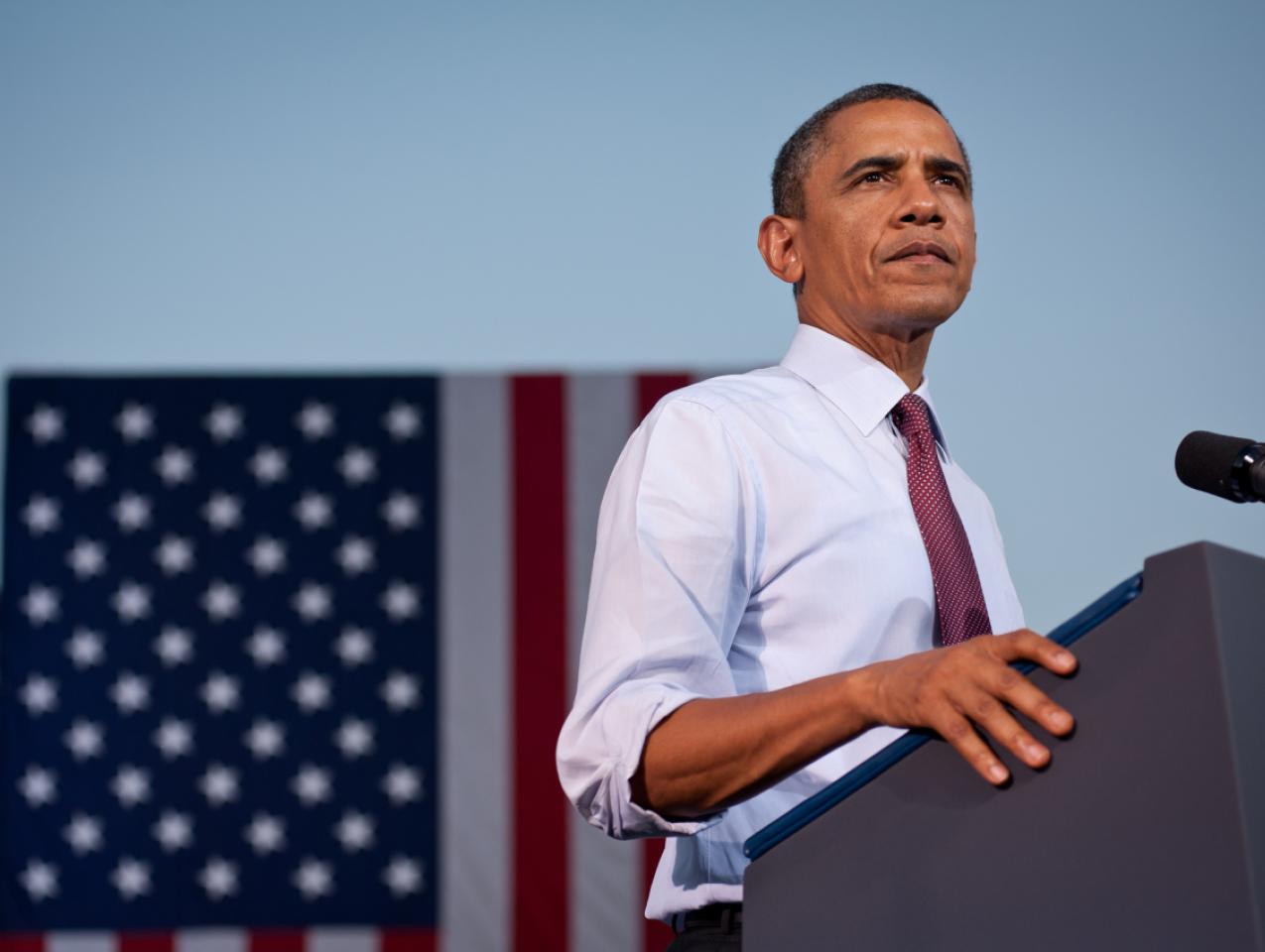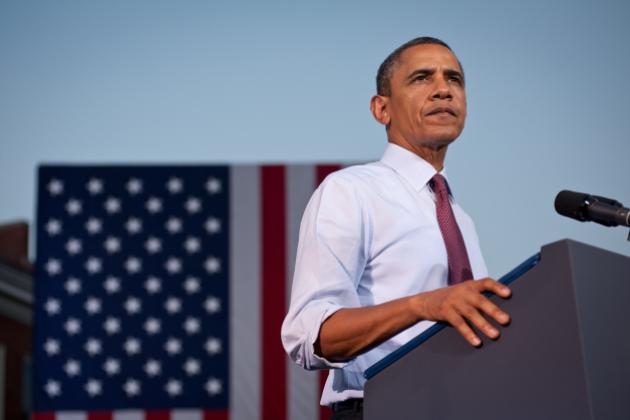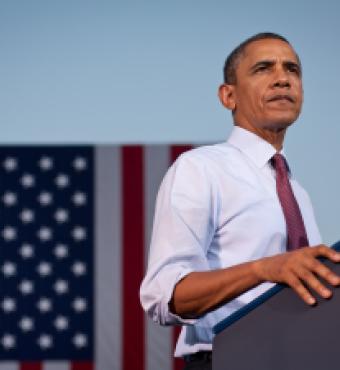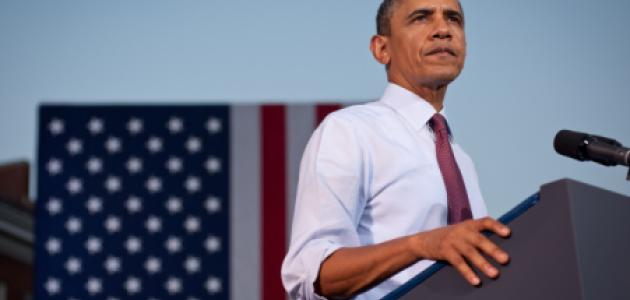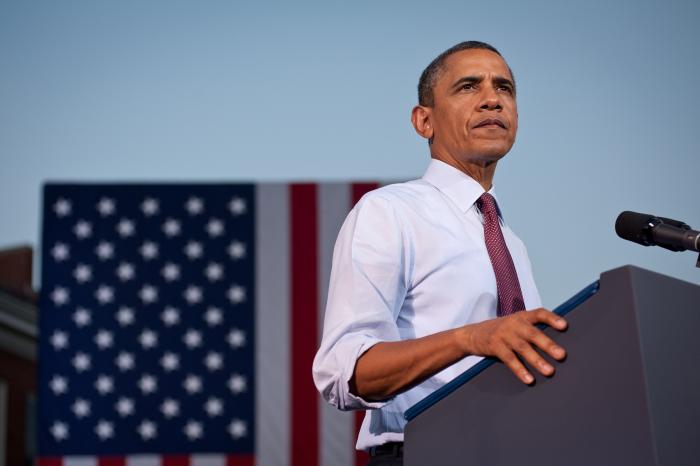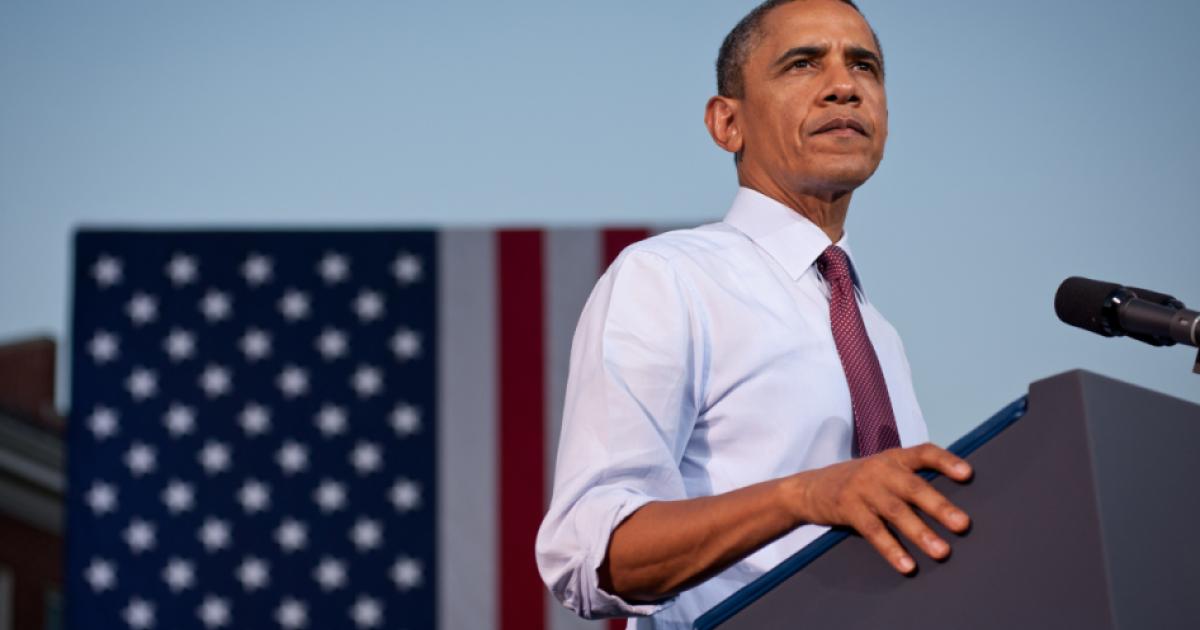World-historical changes are not conveniently demarcated by the turn of the centuries, but the 21st century looks like the opening of a new “paradigm” that might replace what has been called “The Modern Era” itself.
The U.S. has been conducting a sophisticated effort to withdraw America from responsibility for the maintenance of international security in the belief that threat-free diplomacy works better than involving a potential use of force. If we extend a hand of friendship to our adversaries, they will respond the same way; we have been the source of the problem; if we change our ways, they will change theirs.
Thus the US-Iran Deal is an anomaly that seems to negate diplomacy itself, obviously a treaty requiring Senate approval yet deliberately designed to circumvent Constitutional requirements. So not a treaty, not an agreement, not even a signed document, but a “done deal” of world-historical significance because it will, President Obama said, cause the Islamic Republic of Iran to abandon its religiously-driven ideological opposition to world order and become a good international citizen.
The U.S. obviously wanted an agreement more than Iran did. Every long-held American position was diluted or dropped as the Iranians became spectators serenely awaiting the sure-to-come moment when the Americans would capitulate yet again. Diplomacy without strength is a futile undertaking, adding poignancy to the U.S. explanation that our situation was so intrinsically weak that we had to accept “the best deal we could get.” Of the deal’s many oddities the strangest was to negotiate on how Iran would break the deal or see it disappear at the end of a specified time.
Sanctions were done away with. As soon as the deal was announced delegations from sanctioning states flowed into Tehran to design investments that will not be reversed. And the “snap back” mechanism will never happen because as “massive retaliation” it is so apocalyptic that our intelligence agencies will never report violations without adding qualifying uncertainties that will provide cover for American procrastination.
The labyrinthine inspections warrant Dante’s declaration “Abandon all hope ye who enter here”, impossibly convoluted and easily elongated to infinity. Prohibited military site inspections, and impossible multilateral coordination requirements created a version of boxing’s “rope-a-dope” tactic; inspectors will exhaust themselves in hapless flailing.
Iran is unique in having situated itself since the 1979 revolution as both a legitimate sovereign state in the international system and at the same time a terrorism-supporting, international law-defying enemy of the international state system. From this privileged position of strategic duality Iran has deftly manipulated the U.S. into a text that institutionalizes Iran’s advantages. When questioned why “anywhere, anytime” inspections are not in the Deal, Administration supporters have asserted that as a legitimate sovereign state Iran of course could never allow such intrusions into its national security facilities.
So Iran emerges with sanctions lifted, frozen funds restored, a de facto US security guarantee of “no military option”, the perception that it already is a nuclear weapons threshold state, and the knowledge that it need not fear any restoration of sanctions. Most psychologically significant, Iran’s decades-long conduct of a nuclear program has been given retroactive legitimacy by the United States. If you want to acquire nuclear weapons, here’s how.
The Obama Declaration may be summed up as “The U.S. looks with favor on the Islamic Republic of Iran’s attainment of a neo-imperial sphere of influence across the Middle East”—a turning point from which the radically violent transformation of the Middle East will affect world order as a whole.
For decades Iran has been extending its suzerainty from Shia-governed Iraq, through Alawite (a Shia offshoot) Syria and South Lebanon’s Shia Hezbollah statelet, an archipelago of empire stretching from Tehran to the Mediterranean. Iran did not create this extensive sphere of influence only to give it up to fulfill Obama’s hope.
Iran now is seen as a paramount regime rising to vastly reshape the region’s balance of power by causing all parties to make their own new deals.
The U.S. revealed its awareness that it had conferred newly extensive powers on Iran by assuring others in the region that the US could be counted on to supply them with the advanced arms needed to defend themselves against Iran. This has been more than checkmated by Russia’s dramatic military intervention to protect Iran’s wholly-owned subsidiary Syria and thereby underwriting Iran’s imperial rise.
The Saudis are acutely aware that Iran’s east-to-west line of hegemony has a north-to-south-to-west axis as well, from Basra to Bahrain to the Eastern Province of Saudi Arabia and, via the Arabian Sea, to Yemen. To counter this encirclement, Saudi Arabia now must consolidate a largely Sunni neo-imperial power sphere. In doing so, even a Saudi-ISIS alliance could come into being. The Saudis have not concealed their felt necessity to acquire nuclear weapons to match Iran. Thus a general war in the Middle East involving nuclear weapons cannot be ruled out.
Beyond the Middle East, other power centers already have been enlarging their own spheres across and beyond international state borders. China and Russia must now be understood to be supra-state, neo-imperial powers. Turkey has been considering this in recent years. Egypt’s distinctively influential position in the Arab-Islamic world is likely to take its own form, but it too now must think beyond the bounds of the state. Israel, which since its founding as a modern state has pursued a grand strategy of gaining recognition internationally as a legitimate sovereign state with secure and recognized borders, now sees that effort as gravely undermined as the state system in the Middle East collapses.
Thus the decline and perhaps even the end of the established international system set in place by the Treaty of Westphalia in 1648 may be contemplated. Already we can see principles based upon this idea of order being ignored or overridden: freedom of the seas; professional military standards, the non-acquisition of territory by force; use of chemical weapons. This deleterious trend began before the current upheavals in the Middle East. Since the end of the Cold War the European Union has amounted to an assault, albeit peaceful and well-meaning, on the validity of the Westphalian structure. The EU achieved a neo-imperial bureaucracy but forfeited the international power and influence it predicted for itself by deciding to de-militarize. Other world power centers will not make that mistake. If the international state system is on the way out, so also may the modern era itself be coming into question.
Charles Hill is the Brady-Johnson Distinguished Fellow in Grand Strategy at Yale University and co-chair of the Herbert and Jane Dwight Working Group on Islamism and the International Order, Hoover Institution.







